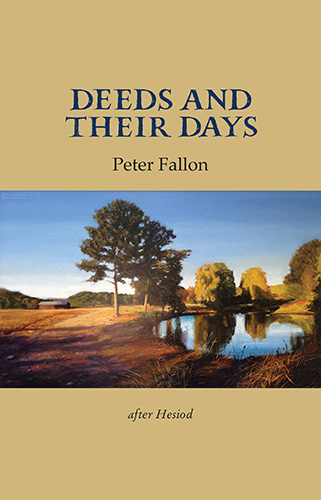Peter Fallon
Care, company, community have been fundamental concerns of Peter Fallon’s writing in and about the world, care for people and place, for planet earth and the poetry of earth, for the values espoused in Virgil’s Georgics which he has translated . . . and the seriousness of that caretaking has developed over the years to a point where the artistic and the moral have converged.
— Seamus Heaney
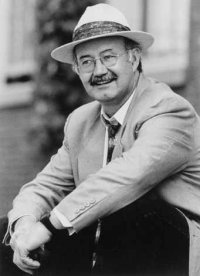 Peter Fallon was born in Germany in 1951 and grew up on his uncle’s farm near Kells in County Meath. He is a Graduate of Trinity College, Dublin, where he has been Writer in Residence and Adjunct Professor of English.
Peter Fallon was born in Germany in 1951 and grew up on his uncle’s farm near Kells in County Meath. He is a Graduate of Trinity College, Dublin, where he has been Writer in Residence and Adjunct Professor of English.
At the age of eighteen he founded The Gallery Press which will celebrate its fiftieth birthday in 2020.
Peter Fallon has given readings in the US, Europe, Canada, China and Japan. In 1990 he edited, with Derek Mahon, the best-selling anthology The Penguin Book of Contemporary Irish Poetry.
The Georgics of Virgil, (a Poetry Book Society Recommended Translation), and a dramatization of Tarry Flynn (the novel by Patrick Kavanagh) were published in 2004. The Georgics was subsequently published by Oxford in its World’s Classics series. In 2017 version of Hesiod’s Deeds and Their Days was published. Other collections include Eye to Eye, News of the World: Selected and New Poems, The Company of Horses (2007) and Strong, My Love (2014)
Peter Fallon received the 1993 O’Shaughnessy Poetry Award from the Irish American Cultural Institute. He was the inaugural Heimbold Professor of Irish Studies at Villanova University and has been Burns Professor at Boston College. He is a member of Aosdána and Honorary Member of the RHA. He lives in Loughcrew in County Meath where he farmed for many years.
Links
Peter Fallon Titles
-
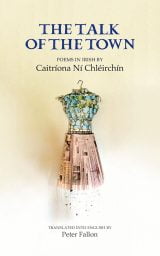
The Talk of the Town
€12.95 – €18.50 -
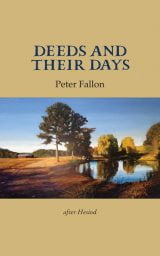
Deeds and Their Days
€11.95 – €18.50 -

The Company of Horses
€11.95 -
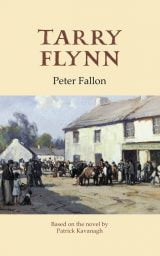
Tarry Flynn
€12.50 – €20.00 -
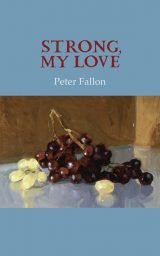
Strong, My Love
€11.95 -
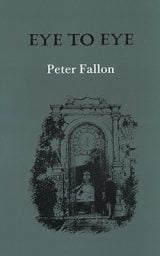
Eye to Eye
€10.00

